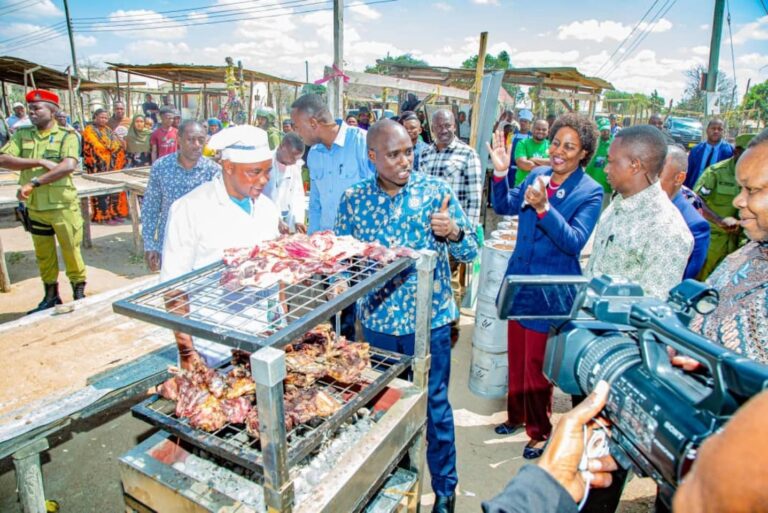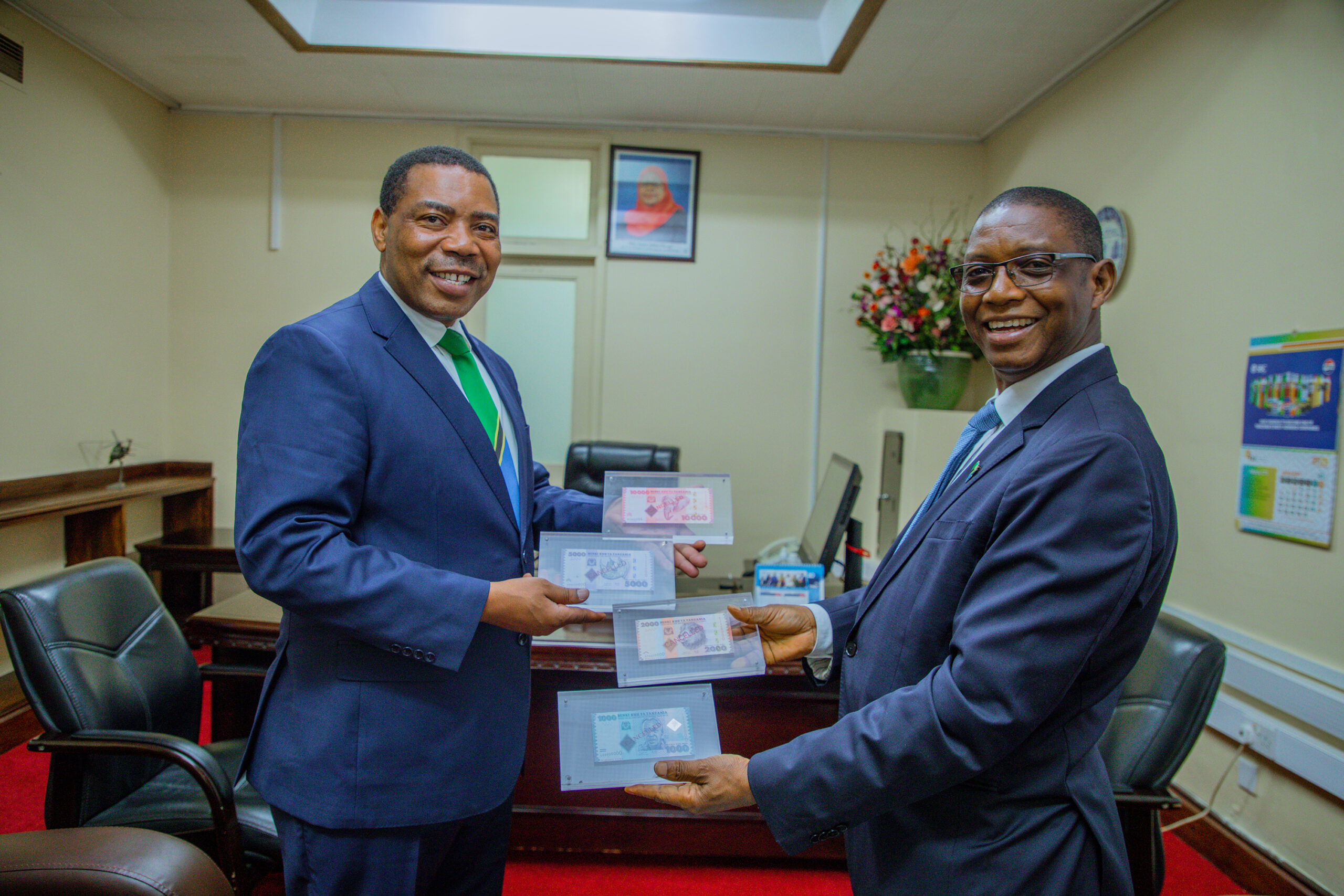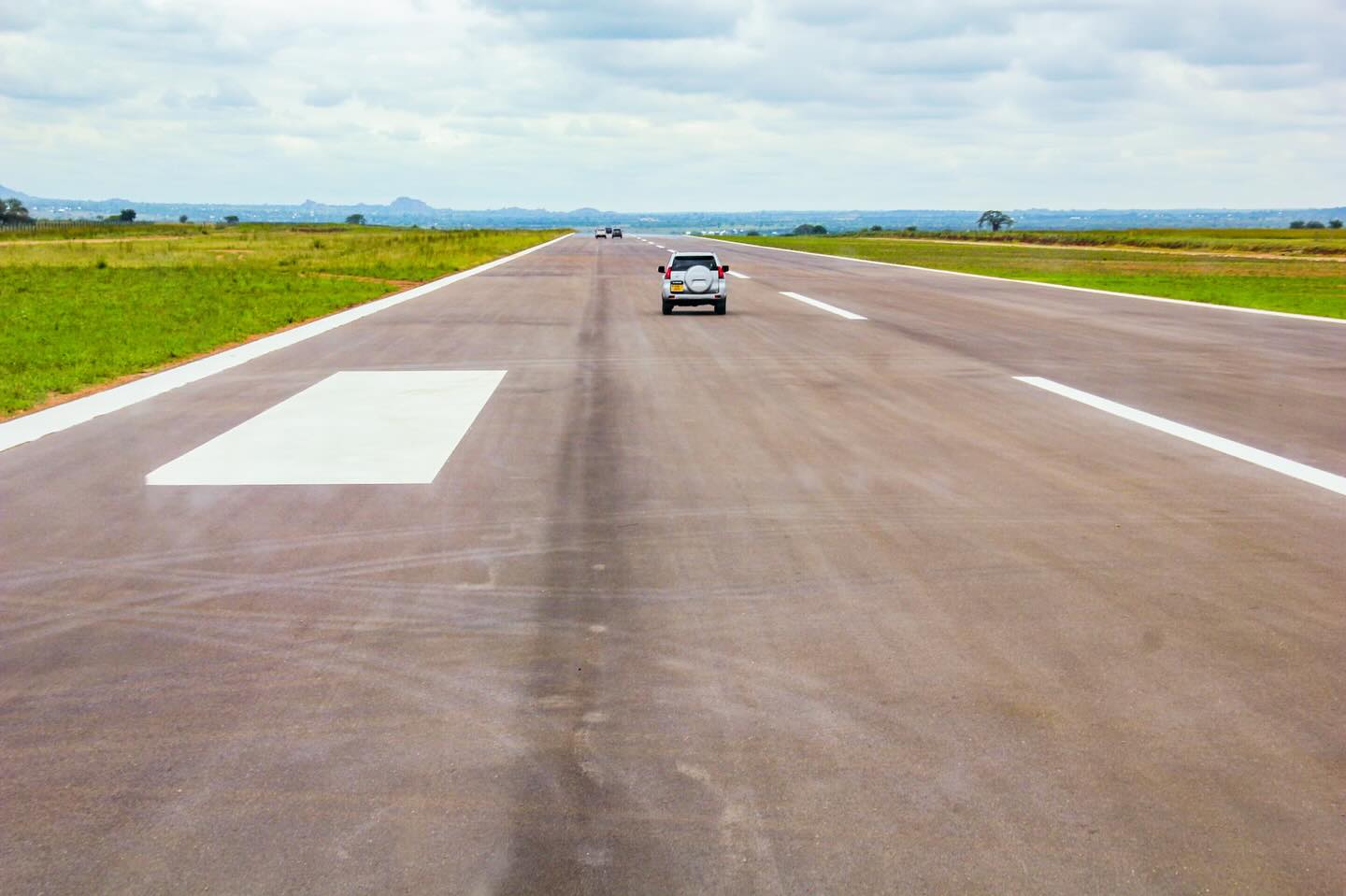Dar es Salaam. The government has begun implementing a nationwide initiative to ensure that all open meat markets, known locally as minada, adopt clean cooking energy, the Deputy Prime Minister and Minister of Energy, Dr Doto Biteko, announced on August 21.
The programme targets vendors popularly known as Mama Lishe and Baba Lishe, who prepare and sell foodstuffs including freshly roasted meat to large crowds of customers.
The rollout started at Msalato Market in Dodoma on August 21, 2025, where Dr Biteko distributed specially designed cooking stoves to 27 vendors, including grills for roasting meat.
“As the President has directed, 80 percent of Tanzanians should be using clean cooking energy by 2034. We are implementing this gradually, starting with institutions that serve more than 100 people daily, including prisons, schools, universities, and now markets that cater to large numbers of people,” Dr Biteko said.
Dr Biteko explained that the project began with a survey to assess the current use of clean cooking energy among meat vendors.
The findings showed that 89.5 percent of butchers and roast meat vendors had little or no knowledge about clean cooking energy, while only 26.3 percent had ever used it.
The remaining vendors had never experienced it, highlighting the need for ongoing awareness and training.
“The measures we are taking are a result of President Samia Suluhu Hassan’s leadership and her commitment to reducing the use of polluting fuels,” he said.
“She wants to see more Tanzanians shift to safe and clean cooking energy.”
Dr Biteko noted that Tanzania is the only country in Africa to have launched a national strategy promoting clean cooking energy, underlining the country’s pioneering role in sustainable energy adoption.
The initiative is expected to reduce smoke emissions in busy meat markets, improve the working environment for vendors, and protect public health, while also contributing to national efforts to reduce deforestation and reliance on charcoal and firewood.







